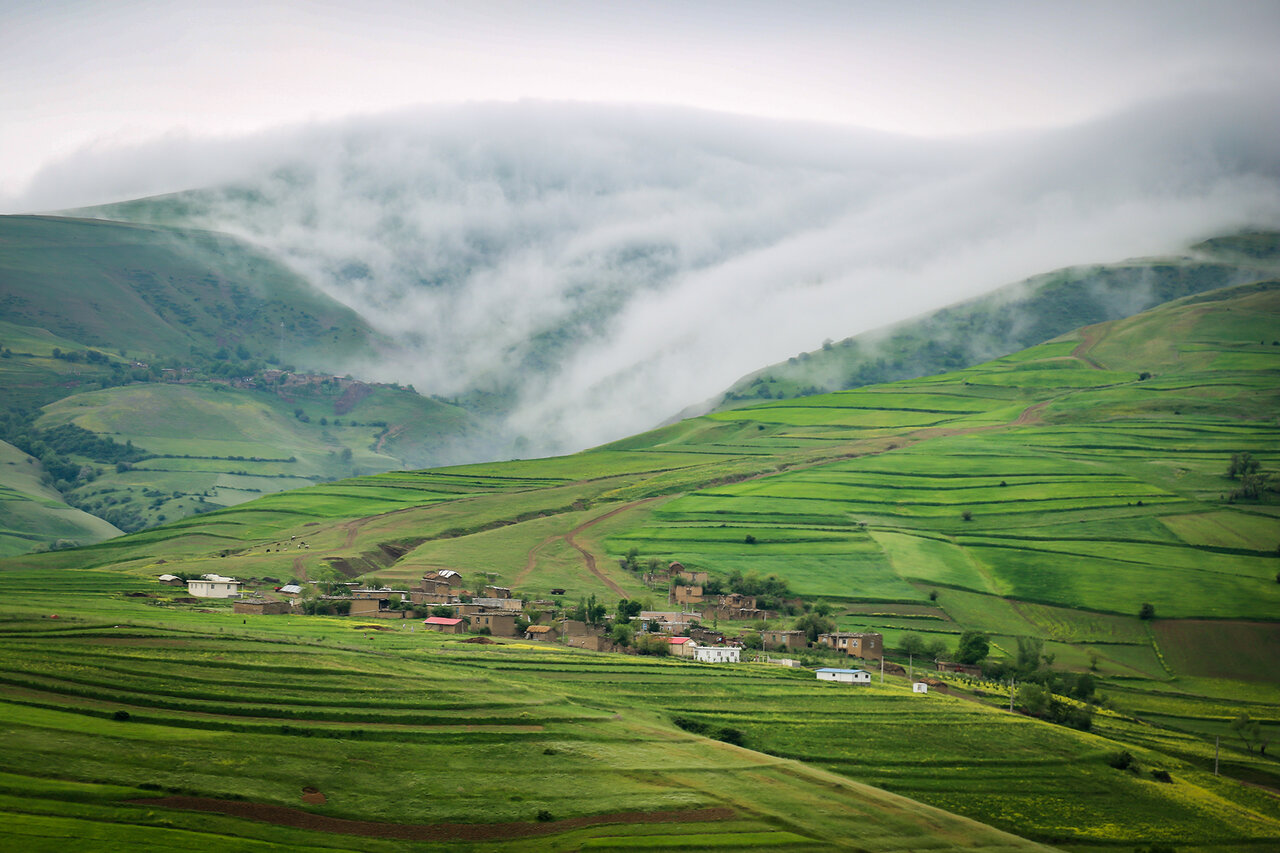
Similar Posts
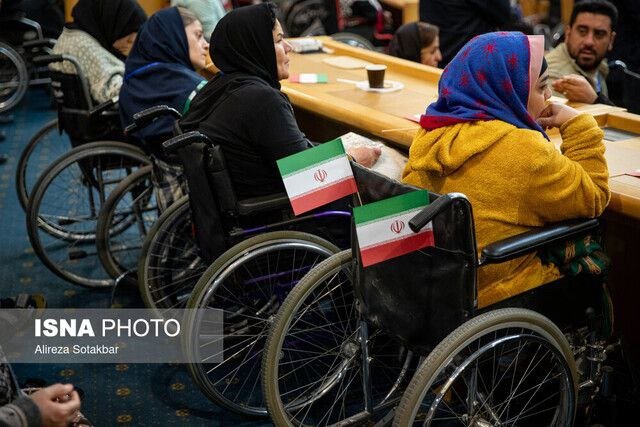
Empowering Minds: Science-Skill Olympiad for Students with Disabilities Set for May!
The first national science-skill Olympiad for students with disabilities will occur on May 9 in Tehran, promoting inclusivity and showcasing their talents in scientific and artistic fields. Supported by the National Foundation for the Elite and the Vice-Presidency for Science, Technology, and Knowledge-Based Economy, the event includes competitions in art, literature, engineering, and sports. This initiative aligns with global movements advocating for the rights of individuals with disabilities, emphasizing their agency and leadership. Despite challenges like sanctions affecting resources, Iran remains committed to supporting disabled individuals through legislation aimed at protecting their rights and opportunities.
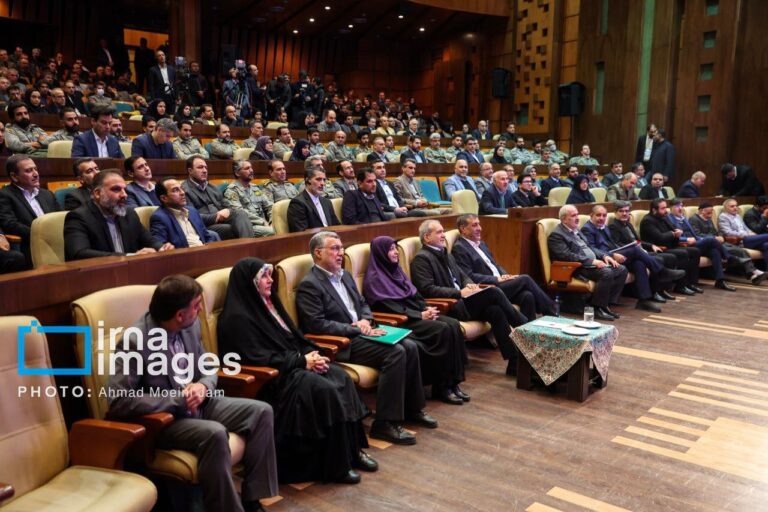
Celebrate National Clean Air Day: A Call to Action for a Healthier Planet!
The National Clean Air Day ceremony was held today in Tehran, attended by President Masoud Pezeshkian and other officials, to raise awareness about air quality. The ongoing National Clean Air Week promotes “National determination for clean air with renewable energy.” Shina Ansari, head of the Department of Environment, highlighted the long-standing nature of air pollution and the need for logical, determined decisions. Efforts include improving fuel quality, decommissioning outdated vehicles, enhancing public transport, and reducing industrial emissions. Despite the Clean Air Law of 2017, poor air quality persists, emphasizing the need for stricter regulations and community involvement in promoting cleaner air.
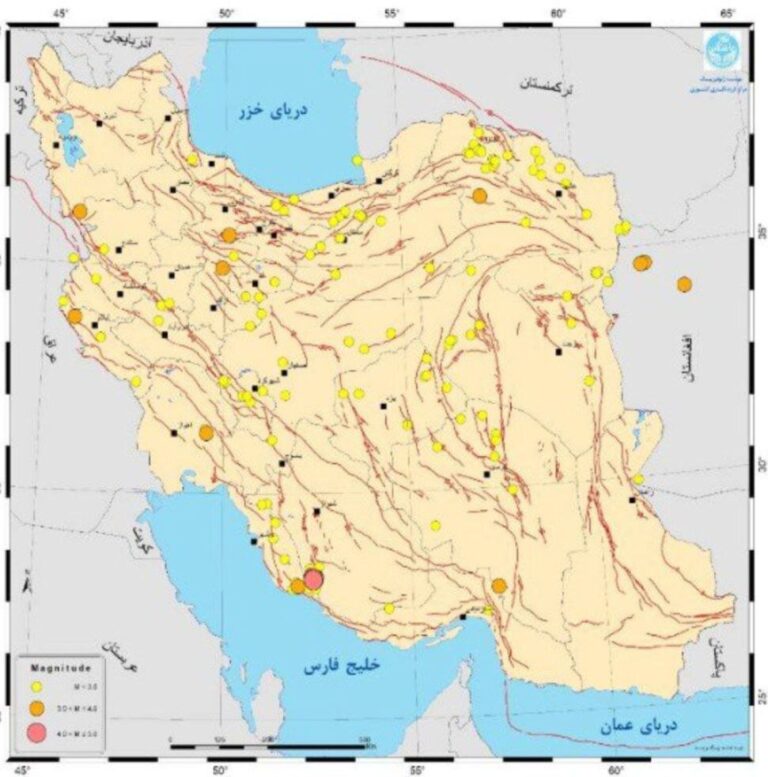
Seismic Surge: 165 Earthquakes Rock the Region in Just One Week!
During the third week of Bahman (February 1-7), Iran recorded 165 earthquakes, highlighting the region’s seismic challenges, according to the Institute of Geophysics at the University of Tehran. The data revealed 139 quakes under magnitude 3, 24 between 3 and 4, and 2 between 4 and 5, with the largest at 4.2 in Bushehr province. Bushehr had the highest activity (34 quakes), while some provinces, including Tehran, reported none. Iran experiences about 2% of global earthquakes but accounts for over 6% of related fatalities. Monitoring and preparedness are crucial for public safety in this seismically active region.
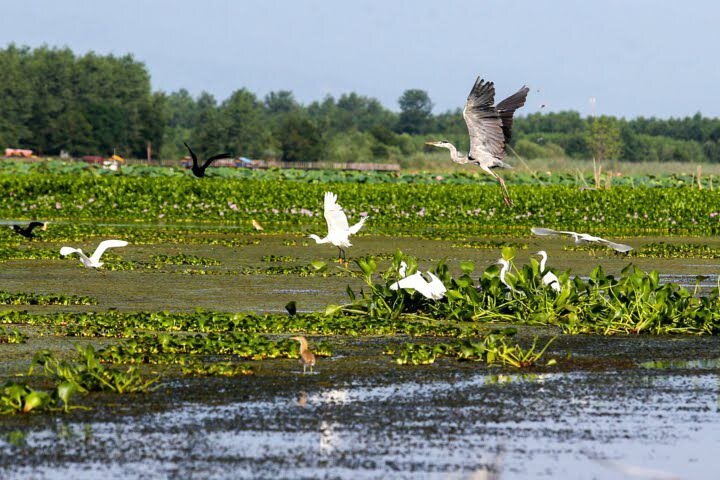
Discover How Nature Can Alleviate Acute Physical Pain, According to New Study
A groundbreaking study by neuroscientists at the University of Vienna reveals that viewing natural scenes, whether real or virtual, significantly reduces physical pain intensity. Conducted with an international team, the research explored how nature exposure alters the brain’s pain perception. Participants experiencing pain were shown videos of serene nature, indoor, and urban scenes. Unlike placebos, which mainly affect emotional responses, nature viewing directly influences sensory pain signals. The findings suggest that integrating nature into therapeutic settings, such as hospitals and outdoor therapy sessions, could enhance pain management, offering innovative, nature-based treatment options for chronic pain relief.
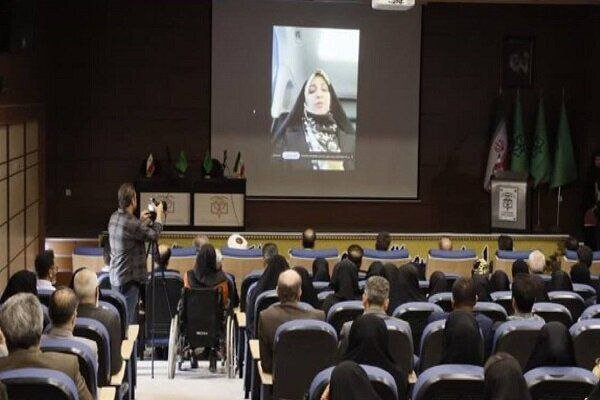
Unlocking Potential: How Empowering Rural Communities Drives Economic and Cultural Growth
In a recent statement, Zahra Behrouz-Azar, Iran’s Vice President for Women and Family Affairs, highlighted the importance of empowering rural communities for the nation’s economic and cultural advancement. During a video conference, she distinguished between rural areas, focused on agriculture and essential infrastructure, and local communities, which encompass broader social interactions and cultural preservation. With only 30% of Iran’s population in rural areas, she warned that depopulation threatens cultural heritage. Behrouz-Azar urged universities to support rural development, emphasizing women’s roles in enhancing productivity. The Iranian Parliament has allocated 31 trillion rials for rural initiatives, underscoring the vital contributions of rural economies to national development.
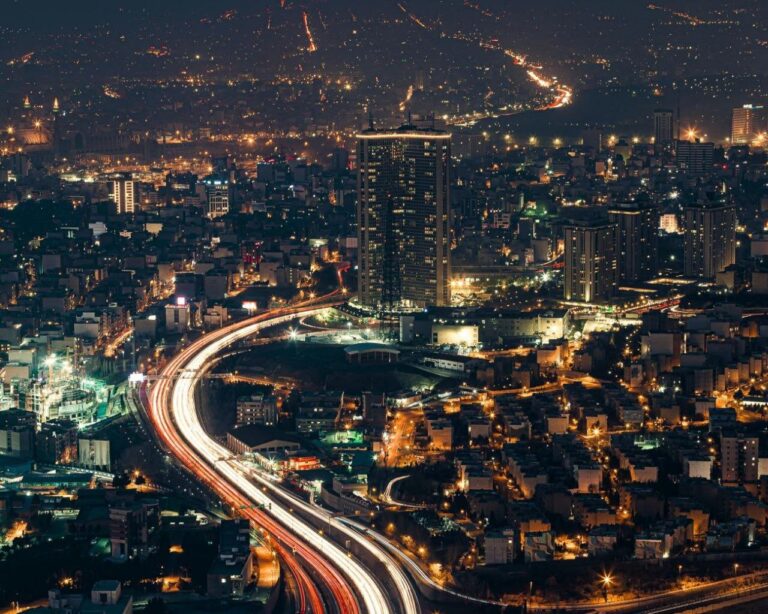
UNDP Backs Iran’s Vision for a Sustainable Energy Future: A Commitment to Green Innovation
The United Nations Development Programme (UNDP) is working to enhance economic resilience and promote renewable energy in Iran, which has significant solar and wind potential. Iran aims to install 30,000 MW of renewable energy by 2030, despite facing challenges like high energy intensity. Key initiatives include an Energy Efficiency Certificate Framework, vocational training enhancements, and an Energy Monitoring Information System. The government plans to increase renewable power capacity by 3,500 MW next year, with a goal of adding 10,000 MW by 2025. These efforts not only reduce energy consumption but also create jobs, highlighting the economic benefits of clean energy.